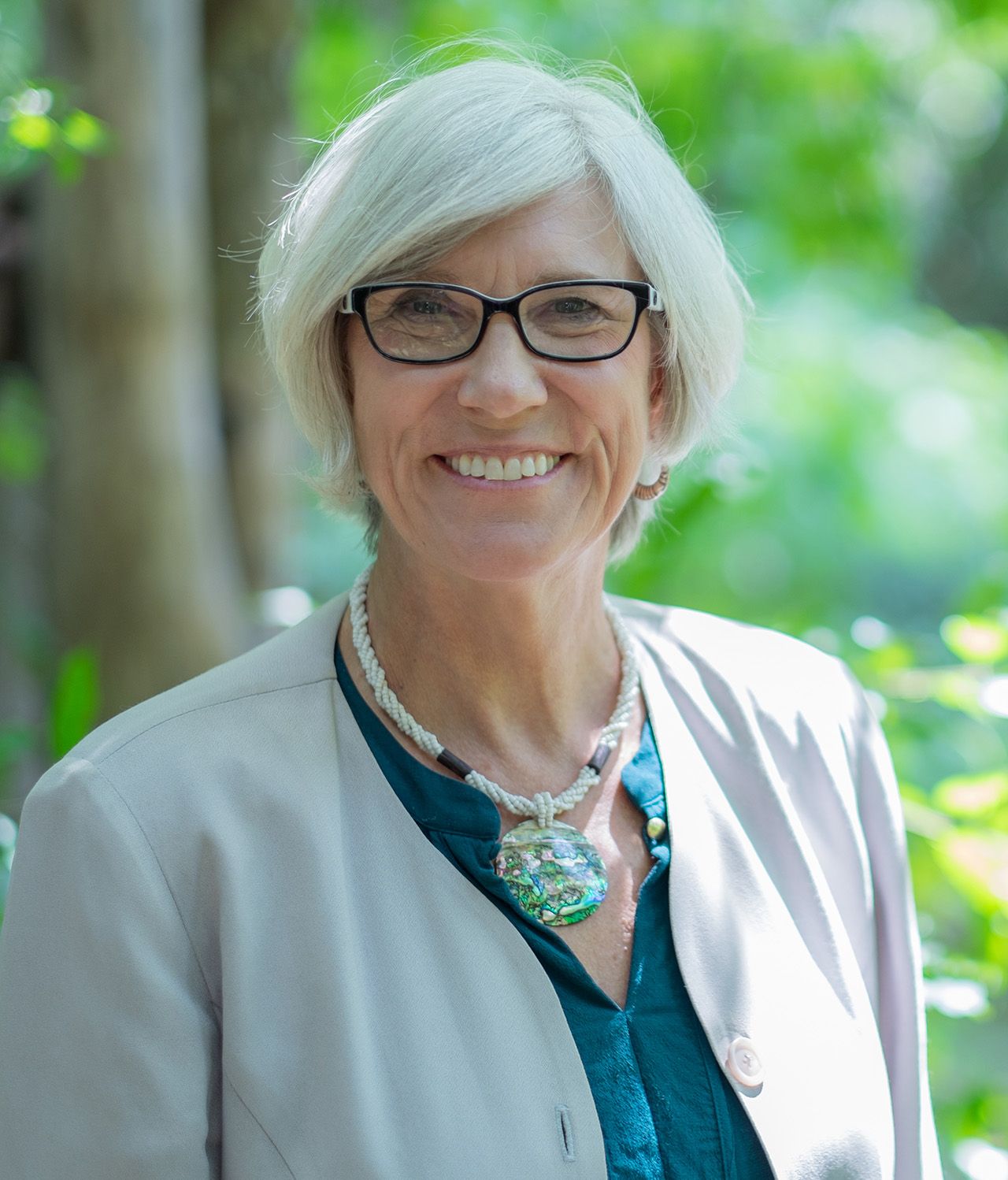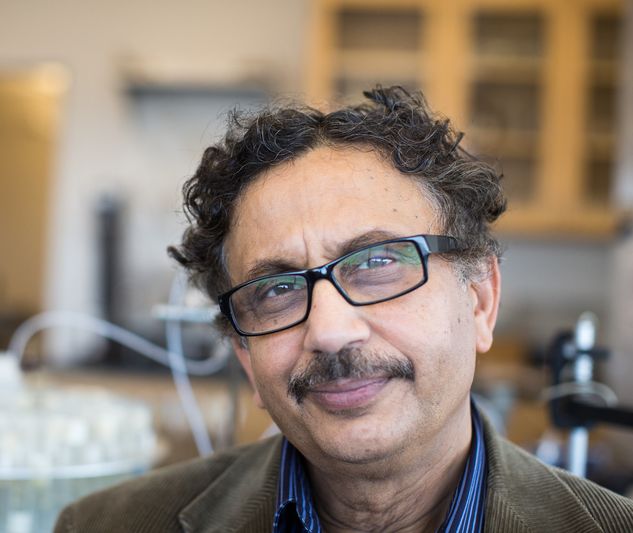“The global, humanity-wide importance of access to clean water is self-evident,” says clean-water champion and renowned researcher, educator, author, and inventor Arup SenGupta, “and it is not up to water scientists alone to address the issue. The world needs all of us—engineers of every stripe, businesspeople, educators, journalists, artists, and designers, among others—to learn about the challenges and engage in the search for sustainable global solutions.”
To engage the Lehigh community more deeply in this issue, SenGupta, the P.C. Rossin Professor of Civil and Environmental and of Chemical and Biomolecular Engineering, has recently led an interdisciplinary faculty team in founding a new public lecture series to bring top researchers, innovators, and policy makers in water science to Lehigh’s campus. Dave Anastasio from the College of Arts and Sciences, Todd Watkins from Lehigh’s College of Business, and Kristen Jellison and Mayuresh Kothare of the Rossin College also help lead the annual speaker selection process.
On October 29, 2019, Michigan State University professor Joan Rose, the Homer Nowlin Chair in Water Research, will deliver the inaugural Distinguished Water Lecture, “Linking Animal and Human Sources of Water Pollution to the Landscape." Rose, a member of the National Academy of Engineering, is the 2016 recipient of the internationally prestigious Stockholm Water Prize for her research on microbial risk to human health and her work in creating guidelines and tools for policymakers. With her research team, Rose develops genetic analytics to study waterborne health threats and map waterway quality and health risks around the world.
In her talk, Rose will present water as one of the most critical of all the world’s life support systems. Water quantity and quality issues are interlinked with our global biohealth, supporting a sustainable plant, animal, and human network. The lecture will discuss interplay of different variables in regard to water quality, water access, and water management of various interconnected water resources with particular emphasis on contamination from human and animal sources. Advanced microbial detection techniques and their role in water management and water restoration will be presented.
While one aim of the lecture series is to broaden the dialogue about unmet needs around local and global water issues, SenGupta notes that it also serves to honor the many Lehigh students who studied, researched, supported, implemented, and extended his efforts over his 35 years on the Rossin College faculty.
Their combined efforts have made safe water accessible to millions of people while creating new opportunities to reuse impaired water sources. In doing so, SenGupta’s award-winning research has expanded the field of ion exchange science and technology in solving environmental problems, and has led to the development of new classes of hybrid ion exchangers that have been widely incorporated into water and wastewater treatment processes.


